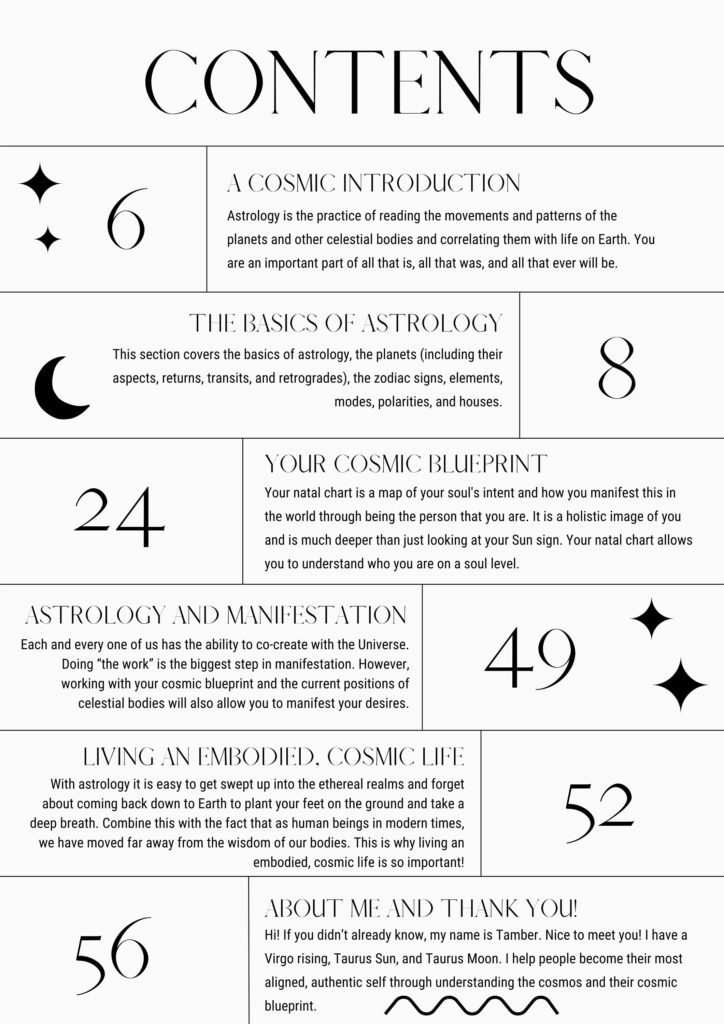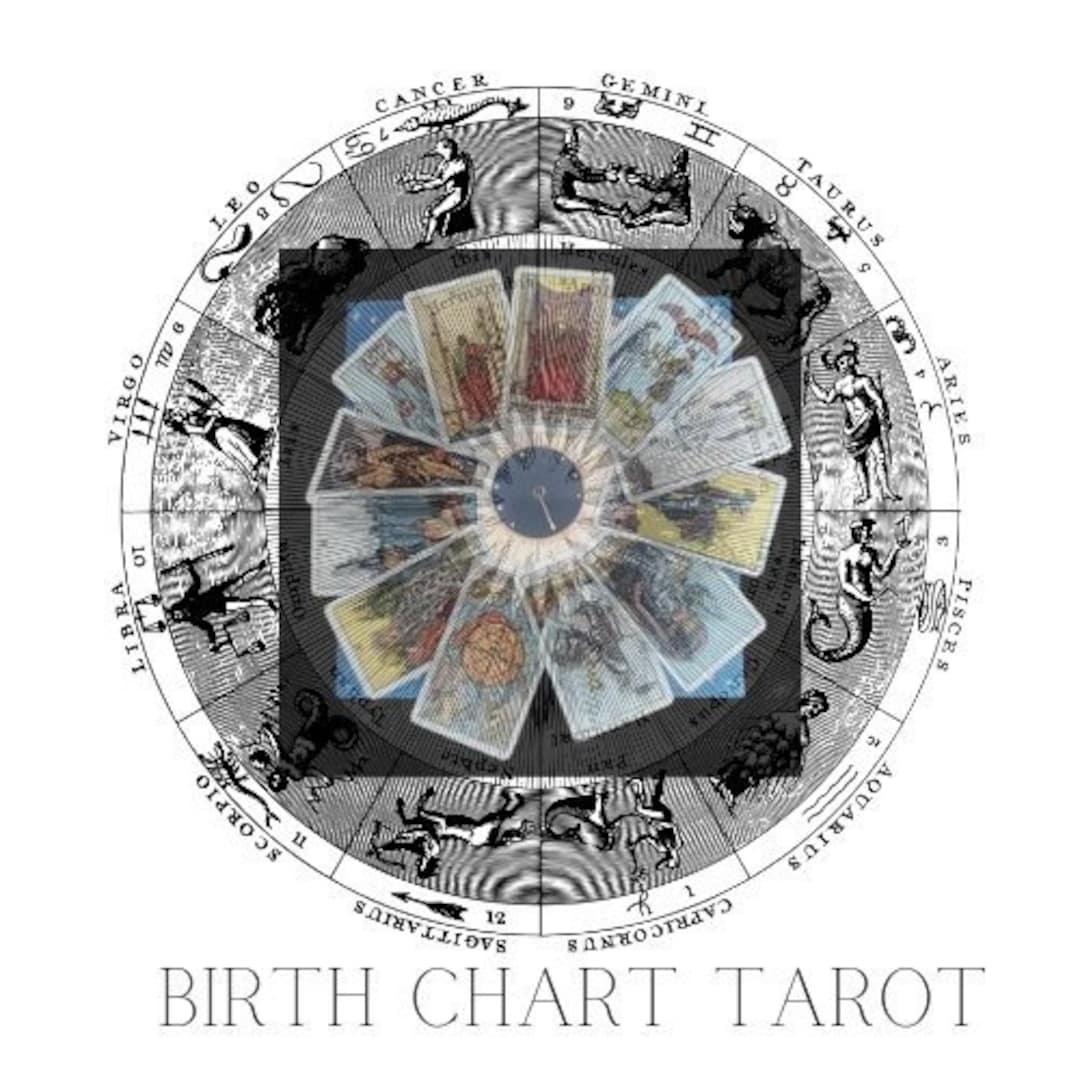Discover the fascinating world of astrology with an in-depth reading that will take you on a journey into the depths of your soul’s cosmic blueprint. Uncover the hidden messages and insights that lie within the alignment of the stars and planets, as you embark on a quest to understand yourself on a deeper level. Through this exploration of astrology, you will gain a clearer understanding of your personality, strengths, and weaknesses, helping you to navigate through life with newfound clarity and self-awareness. Get ready to embark on a cosmic adventure as you delve into the mysteries of the universe and unlock the secrets that lie within your own soul.
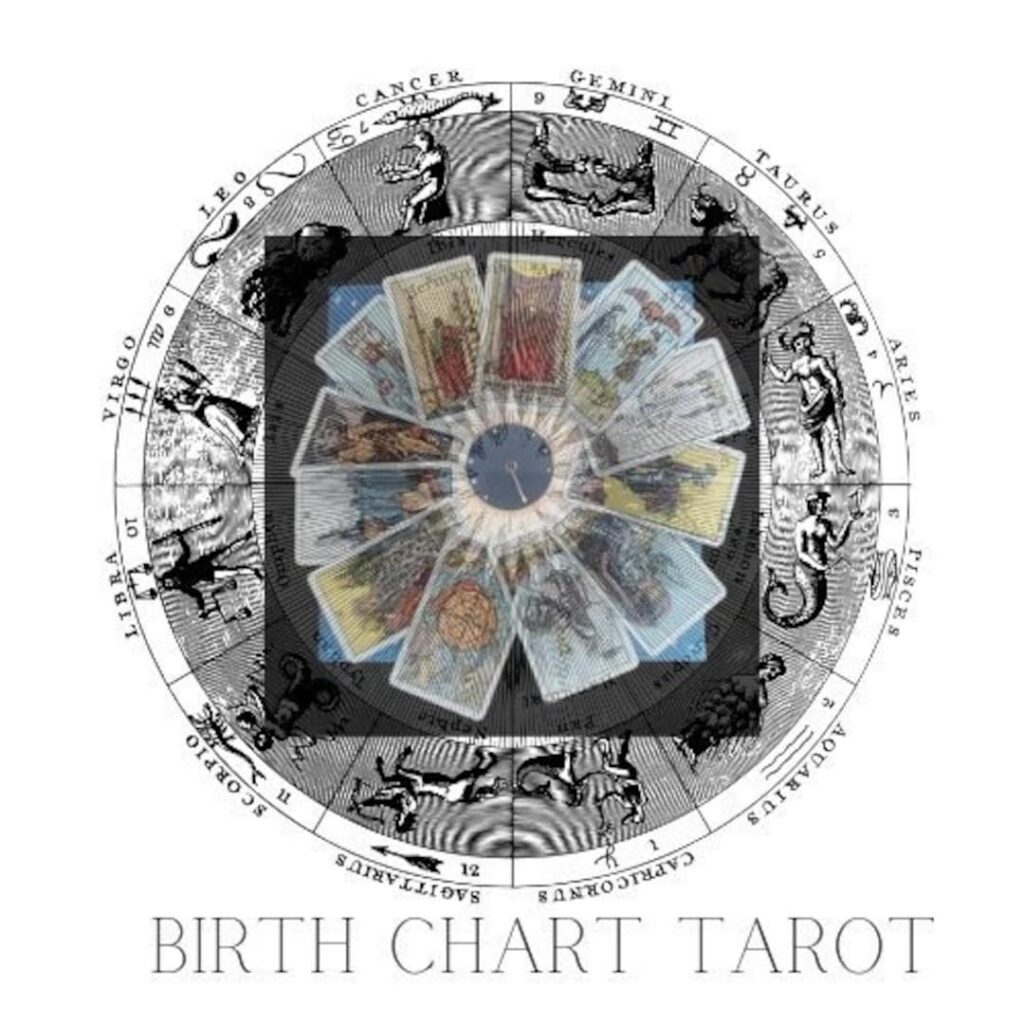
Understanding Astrology
What is astrology?
Astrology is the ancient practice of studying the positions and movements of celestial bodies to gain insight into human behavior and predict future events. It is based on the belief that the alignment of the planets and stars at the time of your birth can provide valuable information about your personality traits, strengths, challenges, and potential life experiences.
The history of astrology
Astrology has a rich history that dates back thousands of years. It originated in ancient Mesopotamia and Egypt, where early civilizations studied the movements of the Sun, Moon, and planets to understand their influence on the world and human affairs. Over time, astrology spread to different cultures, including the Greeks and Romans, who further refined its techniques and incorporated it into their daily lives.
The role of astrology in modern society
While some may dismiss astrology as mere superstition, many people still find value in its wisdom. In modern society, astrology serves as a tool for self-reflection, personal growth, and understanding human relationships. It can offer guidance in navigating life’s challenges, making informed decisions, and embracing your unique qualities. Astrology is often used as a complementary practice alongside psychology, counseling, and other self-help methods.
The Basics of Astrology
The zodiac signs
The zodiac signs are an essential foundation of astrology. They are based on the twelve constellations that the Sun appears to pass through during different times of the year. Each zodiac sign is associated with specific personality traits and characteristics. The signs are Aries, Taurus, Gemini, Cancer, Leo, Virgo, Libra, Scorpio, Sagittarius, Capricorn, Aquarius, and Pisces. By knowing which zodiac sign your Sun, Moon, and Rising signs are in, you can gain a deeper understanding of yourself and others.
The twelve houses
In astrology, the birth chart is divided into twelve houses, each representing different areas of life. Each house has its unique traits and influences, shedding light on specific aspects of your existence. The houses cover areas such as personality and self-expression, family and home life, partnerships and relationships, career and public image, and spirituality and personal growth. The placement of planets within each house provides additional information about how these areas may manifest in your life.
The planets and their meanings
The planets are key players in astrology, representing different aspects of our personality, desires, and experiences. Each planet has a distinct energy and symbolism that influences us in various ways. The Sun represents our core essence and ego, the Moon reflects our emotions and intuition, Mercury governs communication and intellect, Venus rules love and relationships, Mars drives our passion and assertiveness, Jupiter brings expansion and luck, Saturn symbolizes responsibility and lessons, Uranus signifies innovation and change, Neptune embodies spirituality and dreams, and Pluto represents transformation and the subconscious. By understanding the meanings of these planets, we can better understand ourselves and our potentials.
The Birth Chart
What is a birth chart?
A birth chart, also known as a natal chart, is a snapshot of the exact positions of the planets and other celestial bodies at the time, date, and place of your birth. It is a personalized map that reveals the cosmic blueprint of your life. The birth chart provides valuable insights into your personality, strengths, weaknesses, and life’s themes. It serves as a guide to understanding your potential, identifying patterns, and recognizing opportunities for growth and fulfillment.
How to read a birth chart
Reading a birth chart may seem complex at first, but with some guidance, it becomes an enlightening process. The birth chart consists of a circular wheel divided into twelve sections, each representing a house. The planets are plotted within these houses, indicating their influence on specific areas of life. To read a birth chart, one must understand the symbols and interpret the aspects between the planets. With practice and study, you can unravel the depth and meaning of your birth chart and gain a deeper understanding of yourself.
Interpreting the different elements of a birth chart
When interpreting a birth chart, several elements need consideration. The signs in which your Sun, Moon, and Rising signs are placed offer insights into your personality traits, emotions, and outward demeanor, respectively. The aspects between the planets reveal how their energies interact and influence one another, indicating areas of harmony or challenge. The houses where planets are located indicate the specific areas of life where their energies manifest. By analyzing these elements together, one can paint a comprehensive picture of an individual’s unique makeup and life experiences.
The Sun Sign
The significance of the Sun sign
The Sun sign holds great significance in astrology as it represents our core identity and the essence of who we are. It reflects our fundamental traits, motivations, and aspirations. Knowing your Sun sign can provide valuable insights into your strengths, vulnerabilities, and the qualities you naturally radiate to the world. The Sun sign is often the first zodiac sign people associate with astrology, and while it is not the only factor in creating a complete astrological profile, it showcases a significant part of our personality.
Characteristics of each Sun sign
Each Sun sign possesses distinct characteristics that make them unique. Aries individuals are known for their courage, determination, and pioneering spirit. Taurus individuals are reliable, sensual, and grounded. Geminis are witty, adaptable, and curious. Cancers are nurturing, empathetic, and emotionally intuitive. Leos are charismatic, generous, and passionate. Virgos are analytical, practical, and perfectionistic. Libras are diplomatic, harmonious, and social. Scorpios are powerful, mysterious, and transformative. Sagittarians are adventurous, optimistic, and philosophical. Capricorns are ambitious, disciplined, and responsible. Aquarians are independent, progressive, and humanitarian. Lastly, Pisceans are intuitive, compassionate, and imaginative.
How the Sun sign influences personality
The Sun sign sets the tone for our personality and influences how we express ourselves in the world. While other elements in the birth chart complement and shape our overall profile, the Sun sign represents the primary source of our individuality. It influences our behaviors, motivations, and general approach to life. Understanding your Sun sign can help you embrace your strengths, navigate challenges, and align with your true purpose and potential.
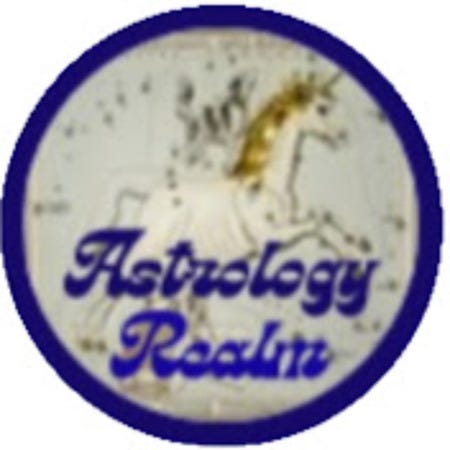
The Moon Sign
The importance of the Moon sign
Just as the Sun sign represents our conscious self, the Moon sign represents the emotional landscape within us. The Moon sign reflects our innermost feelings, emotional needs, and instinctual responses. It reveals our deep-rooted desires, instincts, and patterns of behavior that shape our emotional world. Understanding your Moon sign provides valuable insights into your emotional tendencies and how you nurture and find security in relationships and life experiences.
Emotional and intuitive tendencies based on the Moon sign
Each Moon sign influences our emotional needs and intuitive tendencies differently. For example, individuals with a Cancer Moon are deeply empathic, nurturing, and seek emotional security in their relationships. Those with a Scorpio Moon are passionate, intense, and crave deep emotional connections. A Taurus Moon individual values stability, comfort, and serenity. By embracing and understanding our Moon sign, we can honor our emotional needs and navigate our emotional landscape with compassion and mindfulness.
The relationship between the Moon sign and the Sun sign
The Moon and Sun signs work together to create the intricate tapestry of our personalities. While the Sun sign represents our conscious identity, the Moon sign adds depth and complexity by introducing our subconscious desires and emotional patterns. The relationship between the Moon and Sun signs often indicates the balance between our emotional needs and our outward expression. Understanding how these two signs interact in your birth chart can provide valuable insights into achieving emotional congruence and personal growth.
The Rising Sign
Understanding the Rising sign
The Rising sign, also known as the Ascendant, represents the mask you wear and the impression you make on others. It reflects your outward demeanor, physical appearance, and the way you interact with the world. The Rising sign is determined by the time and location of your birth, and it sets the stage for the entire birth chart. While the Sun sign represents your core self and the Moon sign your emotional landscape, the Rising sign shapes the first impression you leave on others.
Physical appearance and first impressions based on the Rising sign
The Rising sign influences your physical appearance and how you present yourself to the world. For example, individuals with an Aries Rising often have an athletic build, a confident and assertive demeanor. Those with a Pisces Rising may have a dreamy, ethereal quality to their appearance and a compassionate, gentle approach. By understanding your Rising sign, you can embrace and enhance your natural presence and create an authentic first impression.
The connection between the Rising sign and the Sun and Moon signs
The Rising sign works in collaboration with the Sun and Moon signs to create a full picture of your personality. It reflects the outer expression of your Sun and Moon energies and provides a more complete understanding of yourself. For example, someone with a Libra Sun sign, Cancer Moon sign, and Capricorn Rising might display a poised and diplomatic exterior that conceals an empathetic and nurturing nature within. Understanding the connection between these signs can help you integrate all aspects of your being and navigate the world more authentically.
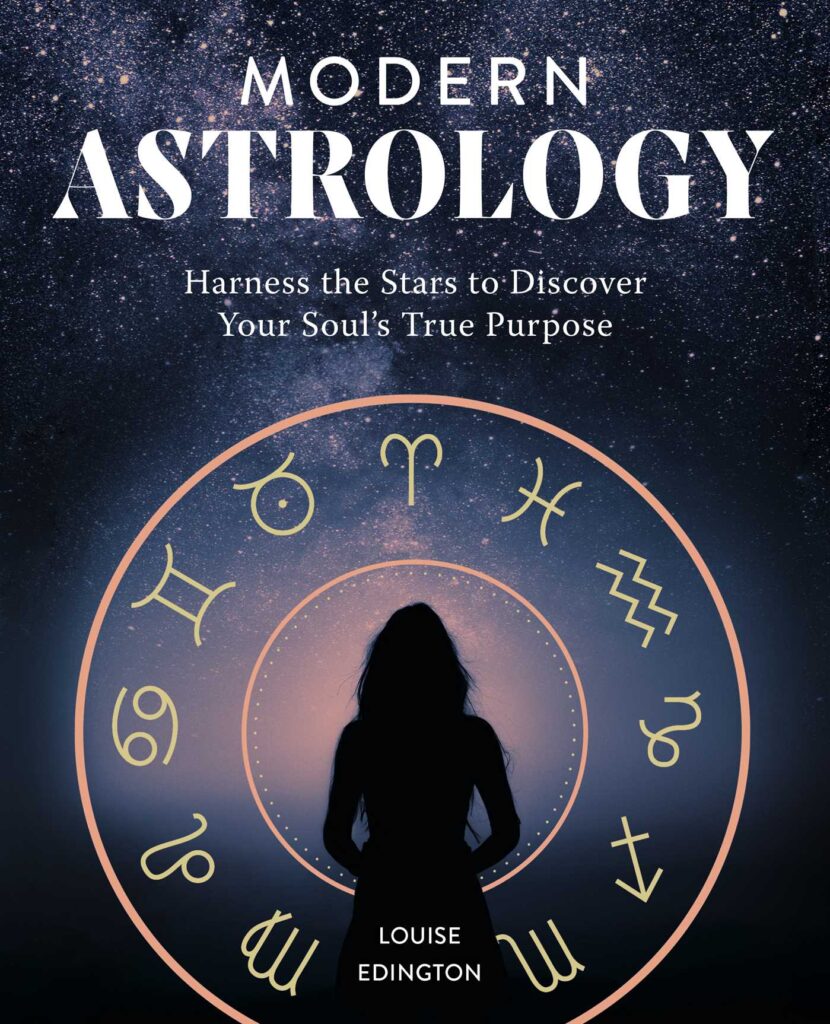
Planetary Aspects
What are planetary aspects?
Planetary aspects refer to the angles formed between planets in a birth chart. These angles indicate the dynamic relationships and interactions between the planets and influence how their energies manifest in our lives. Planetary aspects create a web of connections that shape our personalities, behaviors, and life experiences.
The different types of planetary aspects
Planetary aspects come in various forms, each with its unique influence. Conjunctions occur when two planets are around the same degree of the zodiac sign, intensifying their combined energies. Oppositions happen when two planets are directly across from each other, creating a tension that pushes for growth and balance. Squares occur when planets form a 90-degree angle, representing a dynamic and challenging energy that calls for resolution. Trines signify harmonious connections, showcasing areas of ease and gifts. Sextiles create opportunities and support, encouraging growth and cooperation.
How planetary aspects influence one’s life and relationships
Planetary aspects profoundly impact our lives, shaping our personality traits, tendencies, and the dynamics within our relationships. They influence how we communicate, express our desires, handle challenges, and pursue our goals. Some planetary aspects may create tension or difficulties, while others bring ease and flow. By understanding the planetary aspects within your birth chart, you can navigate their energies consciously and optimize your personal growth and relationships.
House Placement
The significance of house placement in astrology
The house placement in a birth chart determines where the different planets are located and provides insights into the areas of life influenced by their energies. Each house represents a specific aspect of life, and its placement showcases the focus and potential challenges or rewards related to that area. The house placement adds depth and further specificity to the interpretation of a birth chart, enriching our understanding of how the planets manifest in various areas of life.
Interpreting each house in a birth chart
Each house in a birth chart corresponds to a particular area of life, offering valuable insights into different aspects of our experiences. The first house represents our self-image, physical appearance, and personal identity. The second house relates to finances, possessions, and self-worth. The third house governs communication, learning, and siblings. The fourth house signifies home, family, and roots. The fifth house embodies creativity, self-expression, and romance. The sixth house concerns health, daily routines, and work. The seventh house represents partnerships, marriage, and significant others. The eighth house delves into shared resources, intimacy, and transformation. The ninth house reflects beliefs, higher education, and travel. The tenth house symbolizes career, public image, and reputation. The eleventh house relates to friendships, group activities, and aspirations. The twelfth house encompasses spirituality, hidden strengths and limitations, and our connection to the unconscious.
How house placement affects different areas of life
The house placement of planets significantly influences the areas of life where their energies manifest. For example, having the Moon in the fourth house emphasizes a strong connection to family, home, and emotional security. If Mars is placed in the sixth house, it could indicate an assertive and driven approach to work and daily routines. Understanding the house placement of planets helps us identify the specific areas of life where their energies are most active, providing valuable insights into our experiences and offering opportunities for growth and balance.
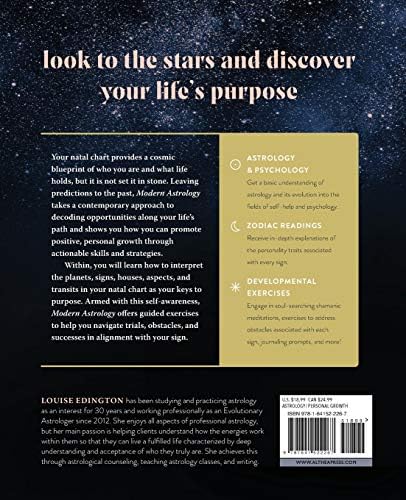
Transits and Progressions
Understanding transits and progressions
Transits and progressions refer to the movement of planets in relation to their positions in your birth chart. Transits occur when planets in the sky make aspects to the planets and angles in your birth chart, while progressions represent the gradual evolution of your birth chart over time. Both transits and progressions offer insights into the shifting energies and themes you may be experiencing in different periods of your life.
How to track and interpret transits and progressions
Tracking transits and progressions requires referencing an ephemeris, a table that records the positions of planets on specific dates. By cross-referencing these positions with the planets and angles in your birth chart, you can determine which areas of your life are being influenced by each transit or progression. Interpreting these movements involves considering the nature and symbolism of the planets involved, as well as the aspects they make to your natal planets. Professional astrologers are well-versed in tracking and interpreting transits and progressions and can provide valuable guidance and insight.
The impact of transits and progressions on personal growth
Transits and progressions can have a profound impact on personal growth. They signify significant life events, opportunities, challenges, and shifts in consciousness. For example, the transit of Pluto over the ascendant could represent a period of transformation and rebirth, while the progressed Sun moving into a new house may indicate a shift in focus and life direction. By understanding and working with the energies of transits and progressions, you can navigate these transformative periods with awareness and harness their potential for personal growth and expansion.
Seeking an Astrology Reading
Choosing a professional astrologer
When seeking an astrology reading, it’s essential to find a professional astrologer who resonates with you and holds a credible reputation. Look for someone who has a solid understanding of astrology, preferably with certifications or formal training. Recommendations from trusted friends or online reviews can guide you in finding the right astrologer who aligns with your needs and values.
What to expect during an astrology reading
During an astrology reading, you can expect the astrologer to analyze your birth chart and provide insights into different areas of your life. They may discuss your personality traits, strengths, challenges, and potential future opportunities. They may also explore specific aspects of your life, such as career, relationships, or personal growth. An astrology reading can help you gain clarity, perspective, and a deeper understanding of yourself and your life’s journey.
Getting the most out of an astrology reading
To get the most out of an astrology reading, come prepared with specific questions or areas of interest that you would like the astrologer to focus on. Share relevant details such as significant life events or patterns you have noticed. Be open-minded and receptive to the insights provided, as astrology offers guidance and support rather than definitive answers. Take notes during the reading and reflect on the insights afterward to further integrate and apply the knowledge gained. Remember, astrology is a tool for self-reflection and personal growth, and how you choose to use the information is ultimately up to you.
In-Depth Astrology Reading: Delving into the Depths of Your Soul’s Cosmic Blueprint
